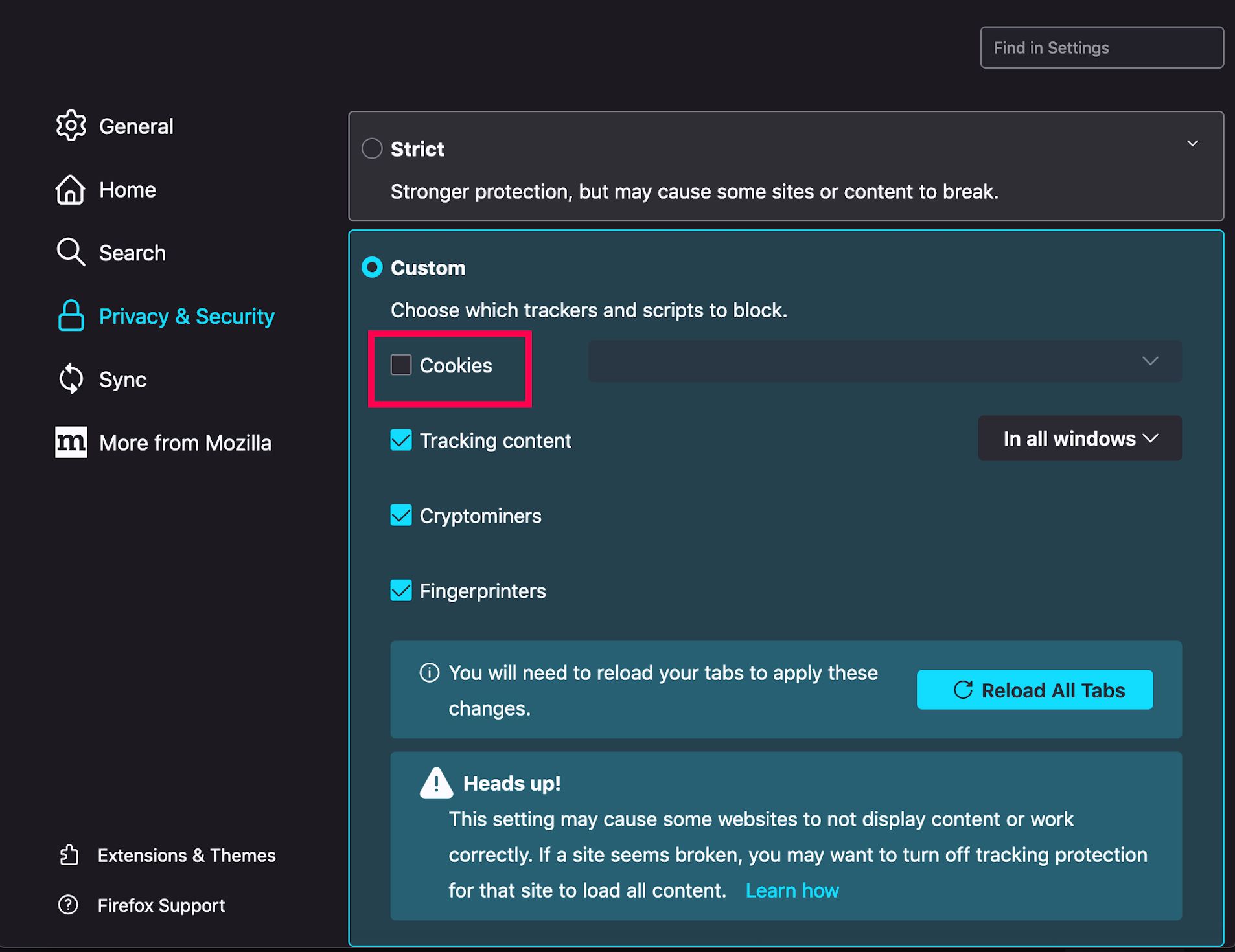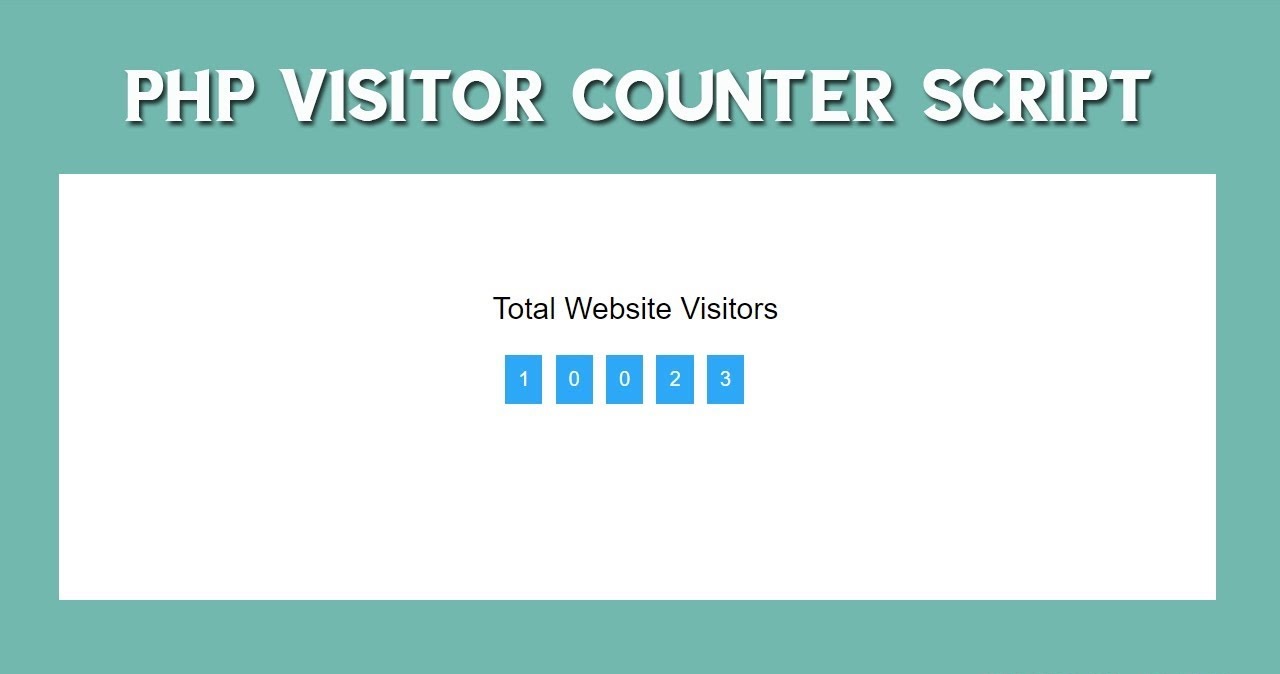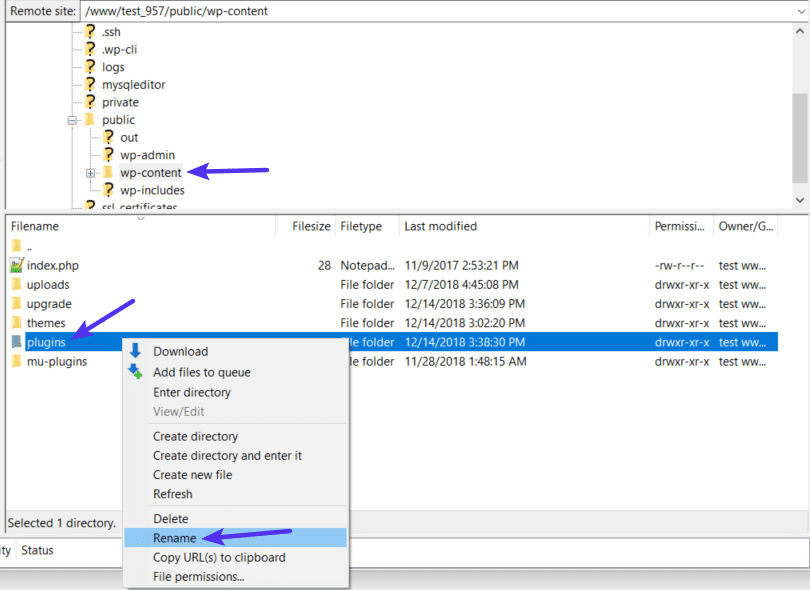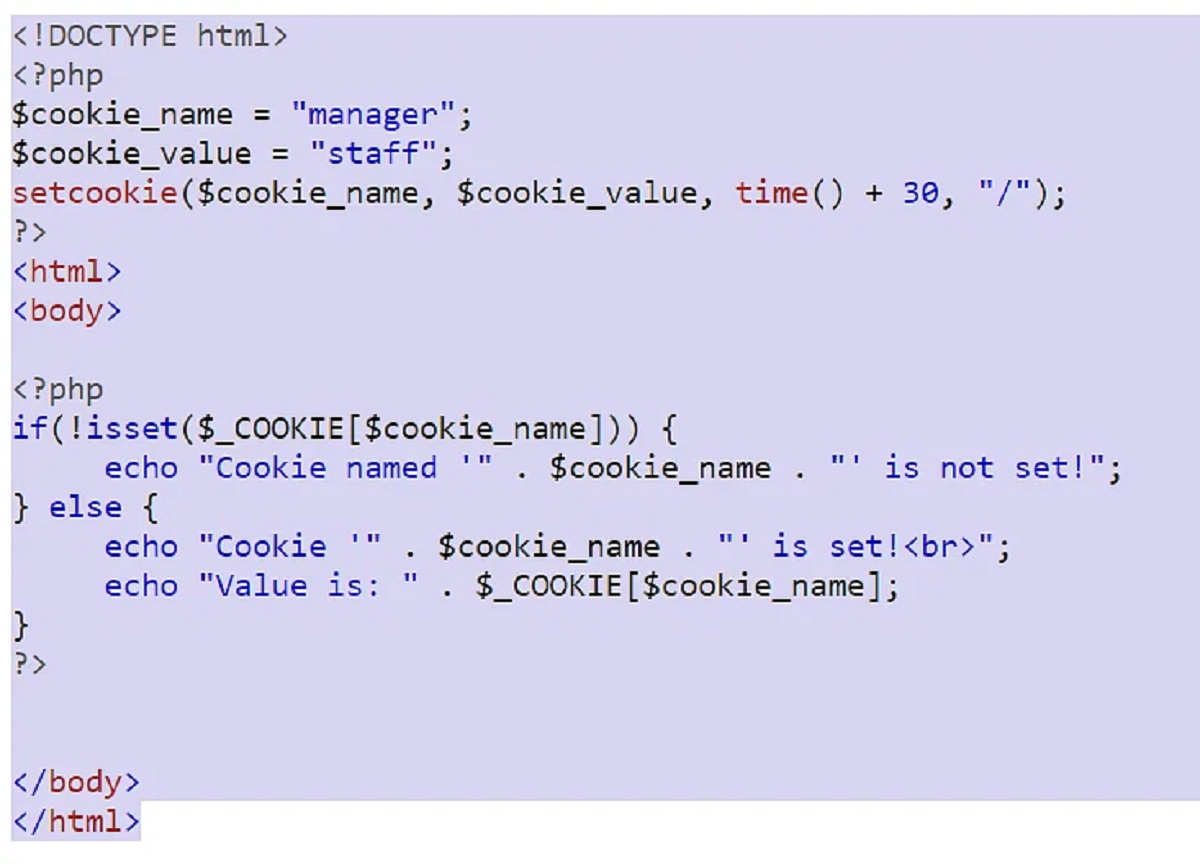Introduction
When a visitor lands on a website, their digital footprint is often tracked by various tools, including analytics cookies. These cookies play a crucial role in providing website owners with valuable insights into visitor behavior, preferences, and interactions. However, what happens when a visitor takes the proactive step of clearing the analytics cookie from their browser? This seemingly simple action can have significant implications for both the visitor and the website owner.
Understanding the impact of a cleared analytics cookie is essential for anyone involved in website management, digital marketing, or online business. It raises questions about visitor tracking, data accuracy, and the effectiveness of website analytics. Moreover, it prompts website owners to consider strategies for addressing the potential consequences of this action.
In this article, we will delve into the intricacies of analytics cookies, explore the implications of clearing these cookies, and discuss the changes in visitor tracking that occur as a result. Furthermore, we will examine the implications for website analytics and provide strategies for dealing with cleared analytics cookies. By the end of this article, you will have a comprehensive understanding of the potential outcomes when a visitor takes the step of clearing the analytics cookie from their browser.
What is an Analytics Cookie?
An analytics cookie is a small piece of data stored on a user's device by a website they visit. Specifically, it is designed to track and analyze the user's interactions with the website. These cookies are integral to the functioning of web analytics tools, such as Google Analytics, Adobe Analytics, and others, as they enable website owners to gather valuable insights into visitor behavior, preferences, and engagement patterns.
Analytics cookies serve as the backbone of website tracking, allowing website owners to monitor various metrics, including the number of visitors, their geographic locations, the pages they visit, the duration of their visits, and the actions they take on the site. This data is instrumental in understanding user behavior, optimizing website performance, and making informed decisions to enhance the user experience.
Furthermore, analytics cookies facilitate the generation of detailed reports and statistics, providing website owners with a comprehensive overview of their website's performance. These insights can be leveraged to refine marketing strategies, improve content relevance, and tailor the website to better meet the needs and expectations of its visitors.
It's important to note that analytics cookies are designed to collect data in a non-invasive manner, focusing on anonymous user interactions to ensure privacy and compliance with data protection regulations. By assigning a unique identifier to each visitor, these cookies enable the aggregation of data without revealing personal information, thereby safeguarding user privacy while still delivering valuable analytics.
In essence, analytics cookies play a pivotal role in empowering website owners to gain a deeper understanding of their audience, optimize their online presence, and ultimately enhance the overall user experience. Their significance lies in their ability to provide actionable insights that drive informed decision-making and continuous improvement in the digital realm.
The Impact of Clearing Analytics Cookie
When a visitor takes the deliberate action of clearing the analytics cookie from their browser, it initiates a chain of significant consequences that reverberate across both the visitor's browsing experience and the website owner's data collection and analysis processes.
Loss of Visitor Tracking Data
The most immediate impact of clearing an analytics cookie is the loss of tracking data associated with that particular visitor. As a result, the website owner's ability to monitor the visitor's interactions, behavior, and engagement patterns is disrupted. This loss of granular data can impede the generation of accurate reports and insights, hindering the website owner's capacity to understand and cater to their audience effectively.
Disrupted Personalization Efforts
Many websites leverage analytics data to personalize the user experience, delivering tailored content, recommendations, and targeted advertisements based on a visitor's past interactions. When an analytics cookie is cleared, the continuity of this personalization is disrupted, potentially leading to a less personalized and relevant browsing experience for the visitor.
Incomplete Attribution of Conversions
For websites tracking conversions and marketing campaigns, cleared analytics cookies can lead to incomplete attribution of conversions. This means that the visitor's actions and contributions to conversion events may not be accurately recorded, impacting the website owner's ability to assess the effectiveness of their marketing efforts and optimize their conversion funnels.
Altered User Metrics
The absence of analytics data from a visitor who has cleared their analytics cookie can skew user metrics, such as average session duration, bounce rate, and returning visitor statistics. This can create a distorted representation of user behavior and engagement, potentially leading to misguided assumptions and decisions based on incomplete or inaccurate data.
Implications for Retargeting and Remarketing
In the realm of digital advertising, cleared analytics cookies can disrupt retargeting and remarketing efforts. Without the ability to track a visitor's previous interactions and interests, the effectiveness of targeted advertising campaigns may diminish, impacting the website owner's ability to re-engage potential customers and drive conversions.
Compliance with Privacy Regulations
From a broader perspective, the impact of cleared analytics cookies also intersects with privacy regulations and user consent. Website owners must navigate the balance between data collection for analytics purposes and respecting visitors' privacy choices. The act of clearing an analytics cookie underscores the importance of transparent data practices and the need for websites to honor visitors' preferences regarding data tracking and usage.
In essence, the impact of clearing an analytics cookie extends beyond the immediate loss of tracking data, influencing personalization efforts, data accuracy, marketing attribution, and privacy considerations. It underscores the dynamic interplay between visitor actions, website analytics, and the evolving landscape of data privacy and user consent. Website owners must navigate these complexities to adapt their strategies and ensure a balanced approach to data collection and visitor engagement.
Changes in Visitor Tracking
When a visitor clears the analytics cookie from their browser, it triggers a cascade of changes in the tracking of their interactions and behavior on the website. These changes have profound implications for website owners, digital marketers, and anyone relying on accurate visitor data to inform their strategies and decisions.
The foremost change in visitor tracking is the immediate interruption of data collection associated with the cleared analytics cookie. This disruption leads to a gap in the continuity of tracking the visitor's journey, from their initial entry to their subsequent interactions with the website. As a result, the website owner's ability to monitor the visitor's browsing patterns, engagement with specific content, and progression through conversion funnels is compromised.
Furthermore, the absence of analytics data from a visitor who has cleared their analytics cookie can distort the accuracy of visitor metrics. Metrics such as session duration, page views, and conversion events may be incomplete or skewed, leading to a less precise understanding of user behavior. This can impact the website owner's ability to make informed decisions regarding content optimization, user experience enhancements, and marketing strategies.
In addition, the altered tracking of visitors due to cleared analytics cookies can disrupt the effectiveness of retargeting and remarketing efforts. These strategies rely on tracking user interactions and interests to deliver targeted advertising and personalized content. When the continuity of tracking is disrupted, the ability to re-engage visitors with relevant content and offers is compromised, potentially impacting conversion rates and marketing ROI.
Moreover, the changes in visitor tracking following the clearing of analytics cookies raise questions about the accuracy of attribution for conversion events. Without comprehensive tracking data, the website owner may face challenges in accurately attributing conversions to specific marketing channels or campaigns. This can hinder the optimization of marketing efforts and the allocation of resources to the most effective channels.
Overall, the changes in visitor tracking resulting from cleared analytics cookies highlight the intricate relationship between data continuity, user behavior analysis, and the efficacy of digital marketing strategies. Website owners and digital marketers must navigate these changes by exploring alternative tracking methods, refining data collection practices, and adapting their strategies to mitigate the impact of disrupted visitor tracking. This underscores the dynamic nature of website analytics and the ongoing need to evolve strategies in response to changes in visitor behavior and data privacy considerations.
Implications for Website Analytics
The implications of cleared analytics cookies for website analytics are multifaceted and far-reaching, significantly impacting the accuracy, reliability, and actionable insights derived from analytics data. When visitors clear analytics cookies from their browsers, several key implications emerge, reshaping the landscape of website analytics and necessitating strategic adaptations by website owners and digital marketers.
Data Integrity and Accuracy
The foremost implication revolves around the integrity and accuracy of analytics data. Cleared analytics cookies result in gaps and inconsistencies in visitor tracking, leading to incomplete datasets and skewed metrics. This compromises the reliability of analytics reports, hindering the website owner's ability to make informed decisions based on accurate data. The resulting data integrity challenges underscore the importance of implementing supplementary tracking methods and refining data collection practices to mitigate the impact of cleared analytics cookies on the accuracy of website analytics.
Visitor Behavior Analysis
The disruption in tracking caused by cleared analytics cookies poses challenges to the analysis of visitor behavior. Without comprehensive tracking data, the ability to discern patterns, preferences, and engagement trends among visitors is compromised. This can impede the identification of opportunities for user experience enhancements, content optimization, and targeted marketing strategies. Website owners must explore alternative methods for understanding visitor behavior, such as qualitative feedback mechanisms and user surveys, to supplement the insights derived from analytics data affected by cleared cookies.
Marketing Attribution and Optimization
For websites reliant on analytics data for marketing attribution and optimization, cleared analytics cookies introduce complexities in assessing the effectiveness of marketing campaigns. Incomplete tracking data may lead to inaccuracies in attributing conversions to specific channels or touchpoints, impacting the allocation of marketing resources and the refinement of campaign strategies. As a result, website owners and digital marketers must adopt a more nuanced approach to marketing attribution, incorporating multi-touchpoint analysis and leveraging other data sources to gain a comprehensive understanding of conversion pathways.
Privacy Considerations and Transparency
The implications of cleared analytics cookies also intersect with privacy considerations and the imperative for transparency in data practices. Website owners must prioritize clear communication regarding data collection and tracking methods, respecting visitors' privacy choices while seeking to maintain a balance between data-driven insights and user privacy. This underscores the need for transparent data governance practices and the implementation of user-friendly mechanisms for managing data preferences, aligning with evolving privacy regulations and user expectations.
In essence, the implications of cleared analytics cookies for website analytics necessitate a proactive approach to data integrity, visitor behavior analysis, marketing attribution, and privacy considerations. Website owners and digital marketers must adapt their analytics strategies, explore alternative data sources, and prioritize transparent communication to mitigate the impact of cleared analytics cookies on the efficacy of website analytics. This dynamic landscape underscores the ongoing evolution of website analytics practices in response to changes in visitor behavior and data privacy dynamics.
Strategies for Dealing with Cleared Analytics Cookies
Navigating the impact of cleared analytics cookies requires website owners and digital marketers to implement strategic measures that mitigate the disruptions in visitor tracking and data integrity. By proactively addressing the implications of cleared analytics cookies, website owners can adapt their analytics strategies and enhance their ability to derive actionable insights from visitor data.
1. Diversification of Tracking Methods
In response to cleared analytics cookies, website owners can diversify their tracking methods to encompass alternative data sources. This may include leveraging server-side tracking, implementing user authentication mechanisms, and integrating first-party data collection strategies. By diversifying tracking methods, website owners can mitigate the impact of cleared analytics cookies on data continuity and gain a more comprehensive understanding of visitor behavior.
2. Emphasis on Qualitative Feedback
Supplementing analytics data with qualitative feedback mechanisms, such as user surveys, feedback forms, and usability testing, can provide valuable insights into visitor preferences and behavior. By placing emphasis on qualitative feedback, website owners can compensate for the limitations imposed by cleared analytics cookies and gain a nuanced understanding of user interactions and expectations.
3. Enhanced Privacy Communication
Transparent communication regarding data collection practices and privacy considerations is paramount in addressing the implications of cleared analytics cookies. Website owners should prioritize clear and accessible privacy policies, consent mechanisms, and data management interfaces to empower visitors to make informed choices regarding data tracking. By enhancing privacy communication, website owners can foster trust and compliance while respecting visitors' privacy preferences.
4. Multi-Touchpoint Attribution Modeling
In the realm of marketing attribution, adopting multi-touchpoint attribution models can mitigate the impact of cleared analytics cookies on conversion tracking. By analyzing the holistic customer journey across multiple touchpoints and channels, website owners can gain a more comprehensive understanding of conversion pathways, optimizing marketing strategies and resource allocation in the absence of complete tracking data.
5. Dynamic Content Personalization
In response to disrupted personalization efforts resulting from cleared analytics cookies, website owners can explore dynamic content personalization strategies. Leveraging real-time user interactions, contextual cues, and behavioral triggers, dynamic content personalization can deliver tailored experiences to visitors, compensating for the limitations imposed by disrupted tracking continuity.
By implementing these strategies, website owners can navigate the implications of cleared analytics cookies, adapt their analytics practices, and enhance their ability to derive actionable insights from visitor data. These proactive measures empower website owners to mitigate the impact of disrupted tracking, optimize marketing strategies, and foster a balanced approach to data collection and visitor engagement.
Conclusion
In conclusion, the act of clearing analytics cookies from a web browser triggers a series of intricate implications that resonate across visitor tracking, website analytics, and privacy considerations. The impact of cleared analytics cookies extends beyond the immediate loss of tracking data, influencing personalization efforts, data accuracy, marketing attribution, and privacy compliance. This dynamic interplay underscores the evolving landscape of data privacy, user consent, and the imperative for website owners and digital marketers to adapt their strategies in response to visitor actions and data privacy dynamics.
The changes in visitor tracking resulting from cleared analytics cookies highlight the challenges and complexities inherent in maintaining data continuity and deriving actionable insights from visitor behavior. The disruptions in tracking data integrity, visitor behavior analysis, and marketing attribution underscore the need for strategic adaptations and proactive measures to mitigate the impact of cleared analytics cookies on website analytics.
Moreover, the implications of cleared analytics cookies intersect with privacy considerations, transparency, and the imperative for clear communication regarding data collection practices. Website owners must prioritize transparent data governance, user-friendly privacy interfaces, and clear communication to empower visitors to make informed choices regarding data tracking while respecting their privacy preferences.
In response to the implications of cleared analytics cookies, website owners can implement strategic measures, including diversification of tracking methods, emphasis on qualitative feedback, enhanced privacy communication, multi-touchpoint attribution modeling, and dynamic content personalization. These proactive strategies empower website owners to navigate the challenges posed by cleared analytics cookies, adapt their analytics practices, and enhance their ability to derive actionable insights from visitor data.
Ultimately, the impact of cleared analytics cookies underscores the dynamic nature of website analytics, the evolving landscape of data privacy, and the imperative for website owners and digital marketers to embrace adaptive strategies that balance data-driven insights with user privacy and transparency. By navigating the implications of cleared analytics cookies with proactive measures and strategic adaptations, website owners can foster a balanced approach to data collection, visitor engagement, and the evolving dynamics of data privacy in the digital realm.

























